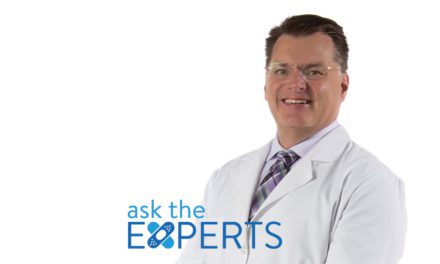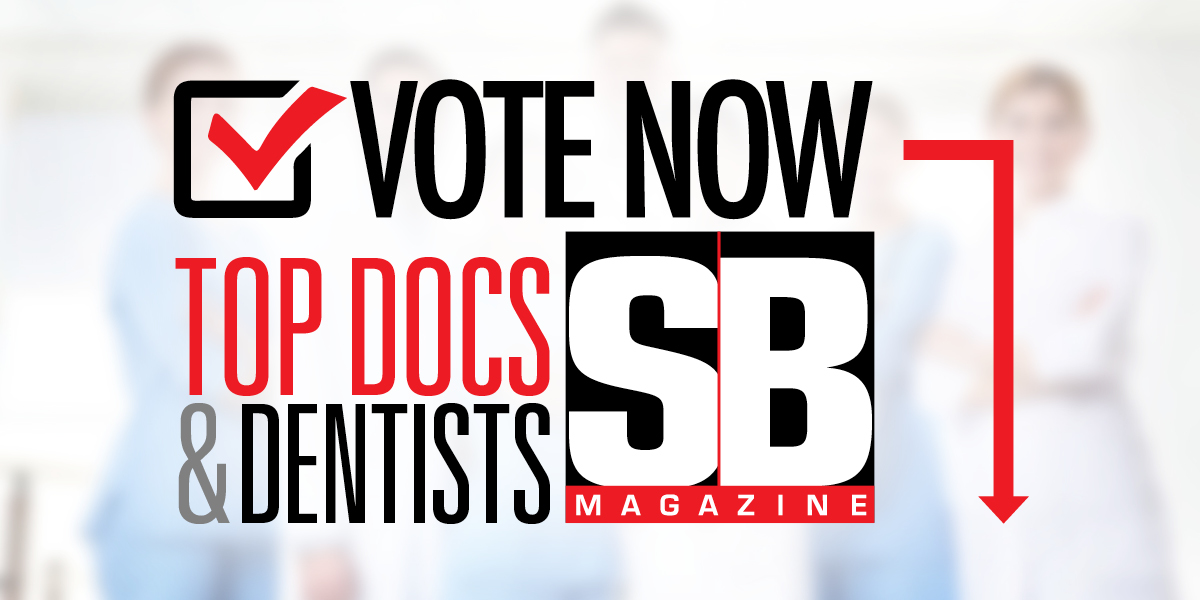How does a CV surgeon work with cardiologists?
We work with cardiologists as part of a care team and on specific procedures. If a patient’s heart disease diagnosis from their cardiologist leads them towards surgery, they will refer you to a cardiovascular surgeon, who becomes a new member of your care team. As a cardiovascular surgeon, I perform many different types of operations at CHRISTUS Shreveport-Bossier Health System including heart valve repair and replacement, heart defect repair, coronary artery bypass, aneurysm repair and more. Often, cardiovascular surgeons also perform operations on the blood vessels in your body, including the aorta and can even implant ventricular assist devices (VADs), which are mechanical devices that “assist” the failing heart by helping it pump blood throughout the body.
If you have a heart attack, do you need open heart surgery?
Though it’s not always necessary, sometimes patients must have open-heart or minimally-invasive surgery after a heart attack. Patients may have already had certain procedures to help them survive a heart attack and diagnose a condition. The American Heart Association uses the example of thrombolysis, a procedure that involves injecting a clot-dissolving agent to restore blood flow in a coronary artery. This procedure is administered within a few hours of a heart attack. If this treatment isn’t done immediately after a heart attack, many patients will need to undergo coronary angioplasty or coronary artery bypass graft surgery (CABG) later to improve blood supply to the heart muscle.
What is the success rate of open-heart surgery?
Open-heart surgery is performed for a variety of reasons. Overall, open-heart surgery has a tremendously high success rate. Studies show that procedures like the coronary artery bypass graft (CABG), which is the most common cardiovascular surgery, have continued to get safer and more effective. Data suggests a patient’s risk of developing complications is generally low, but a lot depends on the patient’s health before surgery. Risk of complication is higher if the operation is done as an emergency procedure or if the patient has other medical conditions, such as emphysema, kidney disease, diabetes or peripheral arterial disease.
How do you know if you need open-heart surgery?
The best way to know if you need open-heart surgery is by working closely with your primary care provider and cardiologist. Cardiovascular surgeons perform a number of procedures and surgeries on the heart and blood vessels to repair damage caused by diseases or disorders of the cardiovascular system. However, no two patients are alike, so it is important that you speak with your health care provider to get the information you need to make a correct decision together about your plan of care.
Sponsored by CHRISTUS Cardiovascular Surgery.









